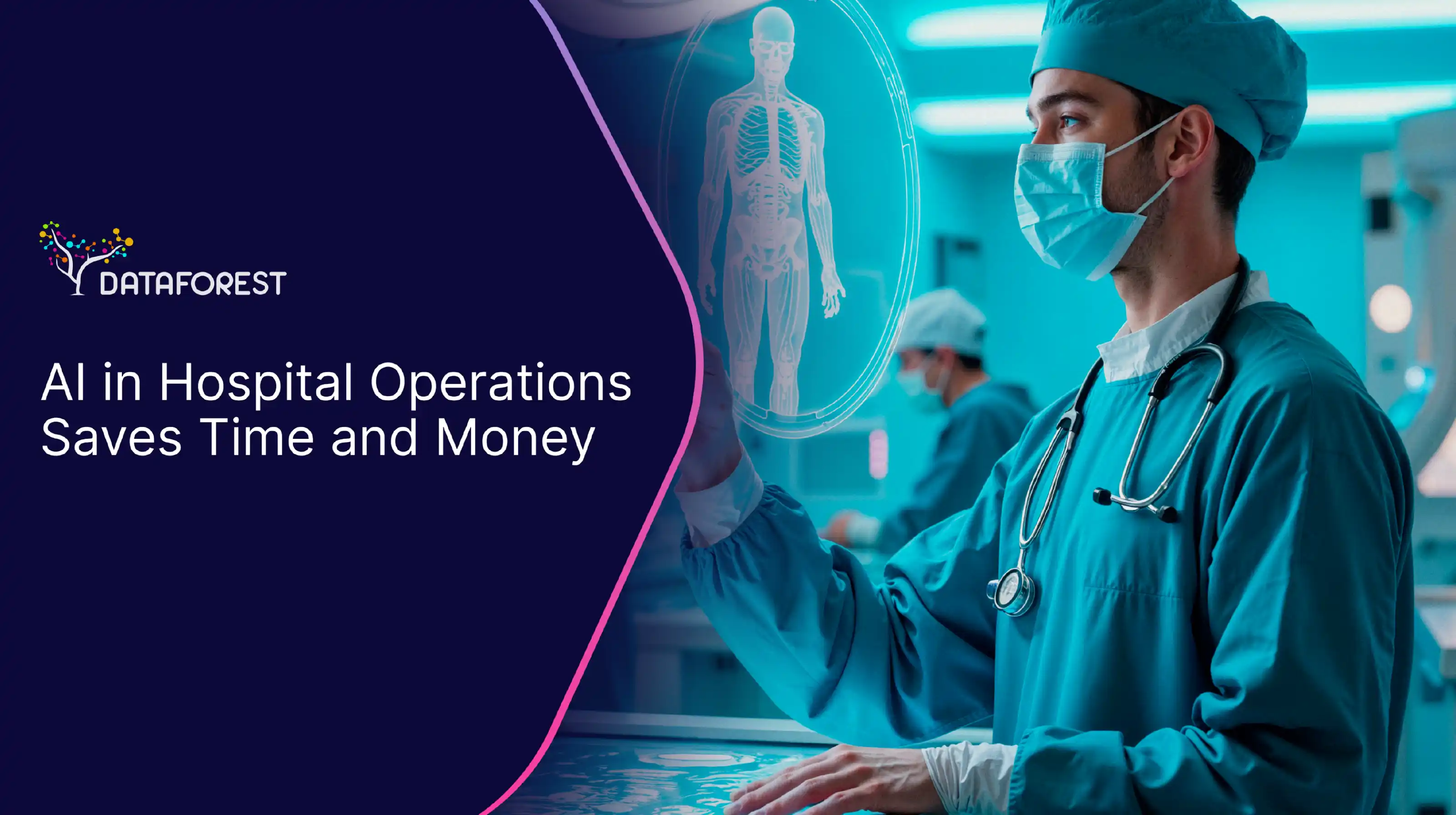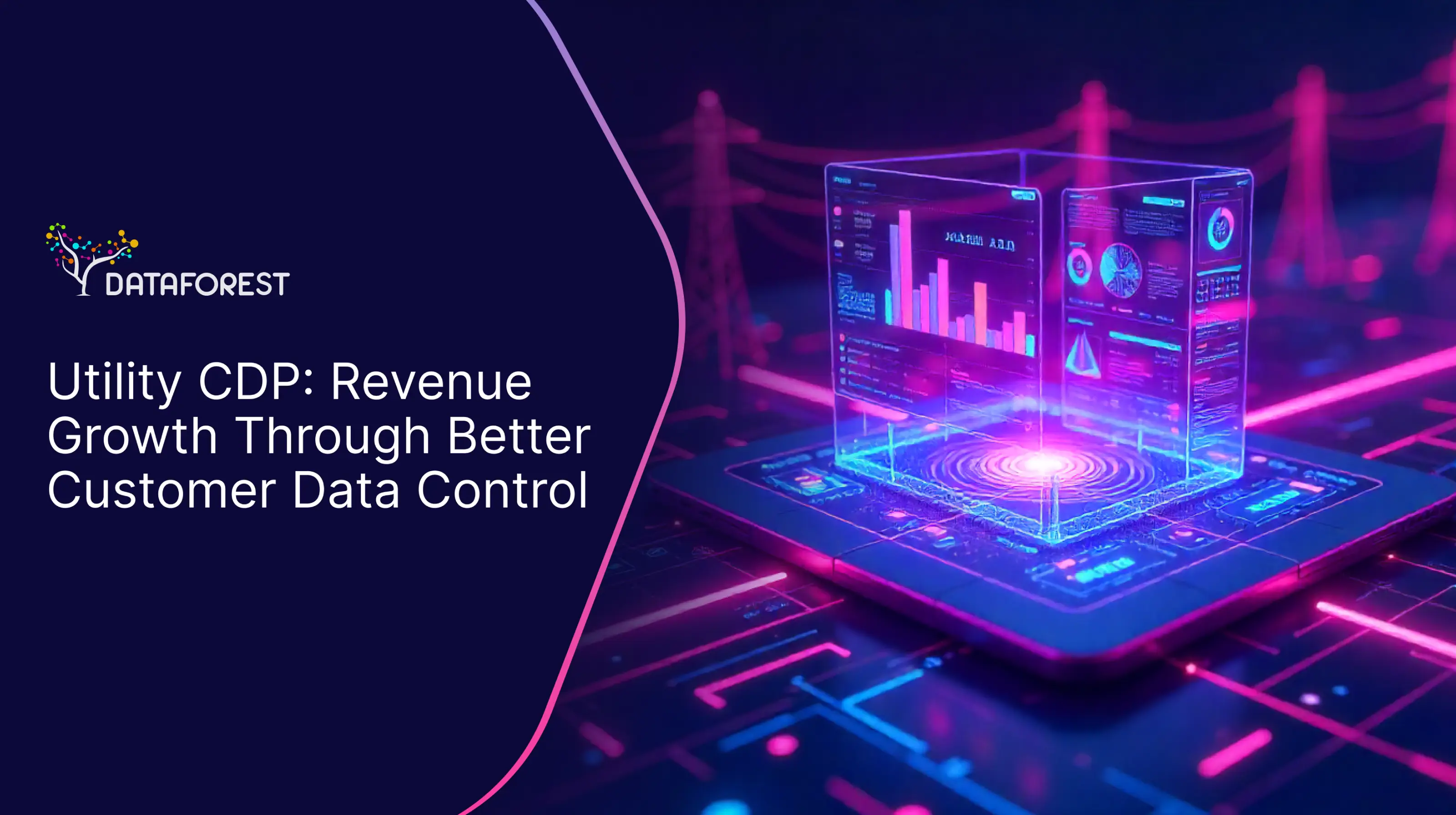How can machine learning enhance our integration processes?
Machine learning enhances data integration, management as patterns are automatically identified, inconsistencies are resolved, and possible quality issues are predicted before they affect systems. More complex ML algorithms generate smart data mapping, self-trained transformation rules, and prediction reconciliation schemes that minimize human intervention and enhance accuracy of integration.
How do you approach data governance in a decentralized organizational structure?
Decentralized data integration and management must have a federated approach where policy frameworks are centralized and implementation capabilities are distributed. This will include the formation of a central governance committee that sets enterprise standards and delegates local data custodians to apply them to their local organizational settings.
What infrastructure is required to support real-time data integration?
The management of real-time data integration requires an intensive, event-driven architecture based on the application of technologies such as Apache Kafka, stream processing engines, and distributed computing models. The most notable elements are high-performance messaging systems, containerized micro-services, scalable cloud resources, and low-latency data integration and management capabilities.
How can we leverage our integrated data for advanced business intelligence?
Enterprise data integration and management is the base layer of advanced business intelligence, providing an overall, 360-degree perspective of organizational performance and customer interactions. Organizations can support predictive analytics, machine-based learning insights, and dynamic decision support systems by developing a single platform.
What are the features of clinical data integration and management?
Clinical data integration and management are concerned with aggregating patient information in an environmentally secure manner that does not compromise HIPAA compliance and privacy requirements across multiple healthcare environments. The main characteristics are the ability of EHR systems to interoperate, real-time synchronization of patient records, automated cleansing, and detailed audit trails.
Name the most popular retail CPG data management and integration solutions.
The most popular retail CPG data integration and management solutions are Informatica MDM, IBM InfoSphere, SAP Master Data Governance, and Talend Data Management. These platforms provide an integrated product information management, master data management, customer data integration, and supply chain analytics features.
Is it wise to use enterprise cloud data management and data integration?
Enterprise cloud data management and data integration provide an opportunity to scale, cost-efficient, and technologically agile, and it is a strategic necessity for any organization nowadays. Nonetheless, effective implementation would necessitate proper selection of vendors, effective security mechanisms, dedicated migration plans, and continuous governance systems to drive successful implementation.








.svg)
.svg)
.svg)
.svg)

.svg)


.svg)
.svg)




.svg)









.svg)













































